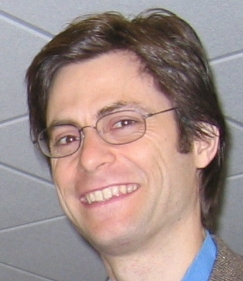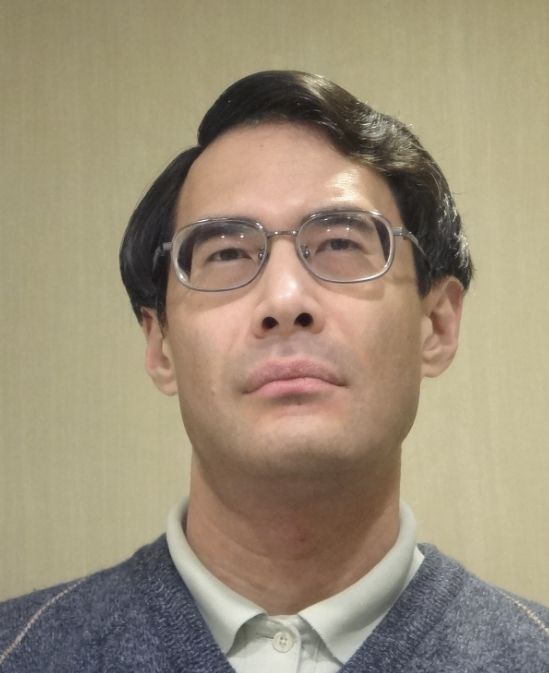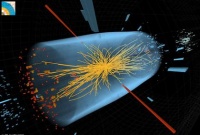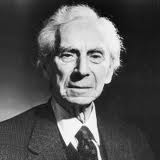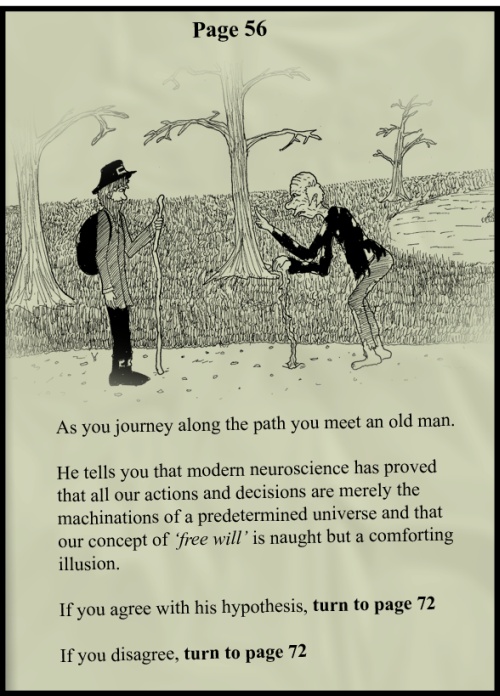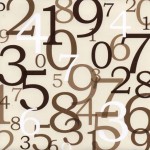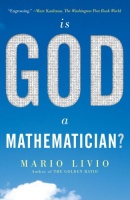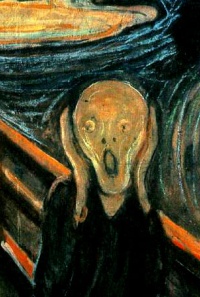
Here’s a question to ponder:
|
Question 1: If forced to choose, which of these nightmare scenarios would you prefer?
Scenario A: An evil alien flips a coin. If it comes up heads, he destroys all human life; otherwise he goes home.
Scenario B: The same evil alien flips 7 billion coins, one for each person on earth. He destroys anyone whose coin comes up heads.
|
I’ll tell you in a minute why I ask, but first let’s consider arguments in each direction:
Argument 1. In scenario A, I have a 50-50 chance of death, and a 50-50 chance of continuing my current life. In scenario B, I have a 50-50 chance of death, and a 50-50 chance of a life in which half my loved ones are gone. Surely I should take A.
Argument 2. In scenario A, there’s a 50-50 chance that all future generations will be destroyed-in-advance. In scenario B, even if the coin comes up heads, people will continue to be born, and in the very long run, the evil alien will be a forgotten memory. Surely I should take B.
Your answer to this question, I think, is likely to reveal a lot about how much you think we owe to future generations. If you think we owe them nothing, then Argument 1 is definitive. If you think we owe them the same respect we owe our contemporaries, then Argument 2 is definitive. If you think we owe them something in between, you might waver.
Now that sort of question might strike you as nothing more than Sunday-afternoon dorm room fare, but I don’t believe it can be dismissed so easily. It is pretty much impossible to take a coherent stand on issues ranging from Social Security reform to environmental conservation without first deciding how much we are obligated to care about future generations. A lot of people seem to think those issues are worth debating, which pretty much forces us to face up to the fundamental issues.
On the other hand, come to think of it, I suppose a person might prefer Scenario B to Scenario A for reasons that have nothing to do with future generations — namely the desire to be remembered. Is that something we care about? To focus on that issue, here’s another question:
|
Question 2: Suppose you’re happily married. If forced to choose, which of these nightmare scenarios would you prefer?
Scenario A: An evil alien flips a coin. If it comes up heads, he kills you and your spouse; otherwise he goes home.
Scenario B: The same evil alien flips a coin. If it comes up heads, he kills just you; if it comes up tails, he kills just your spouse.
|
Here again we have:
Argument 1. In scenario A, I have a 50-50 chance of death, and a 50-50 chance of continuing my current life. In scenario B, I have a 50-50 chance of death, and a 50-50 chance of a life in which my beloved spouse is gone. Surely I should take A.
Argument 2. In scenario A, there’s a 50-50 chance that my spouse and I will both be dead and unremembered (or at least unremembered by anyone who knows us as intimately as we know each other). In scenario B, however, we each get to live on, at least in the memory of a loved one. Surely I should take B.
Your answer to Question 2 will tell me something about how much being remembered matters to you, which will help me interpret your answer to Question 1.
The original version of this post included several more followup questions. But I suspect these two are grist enough for a day or two of discussions. I’ll post the followups after those responses start to peter out.
Related post here.


